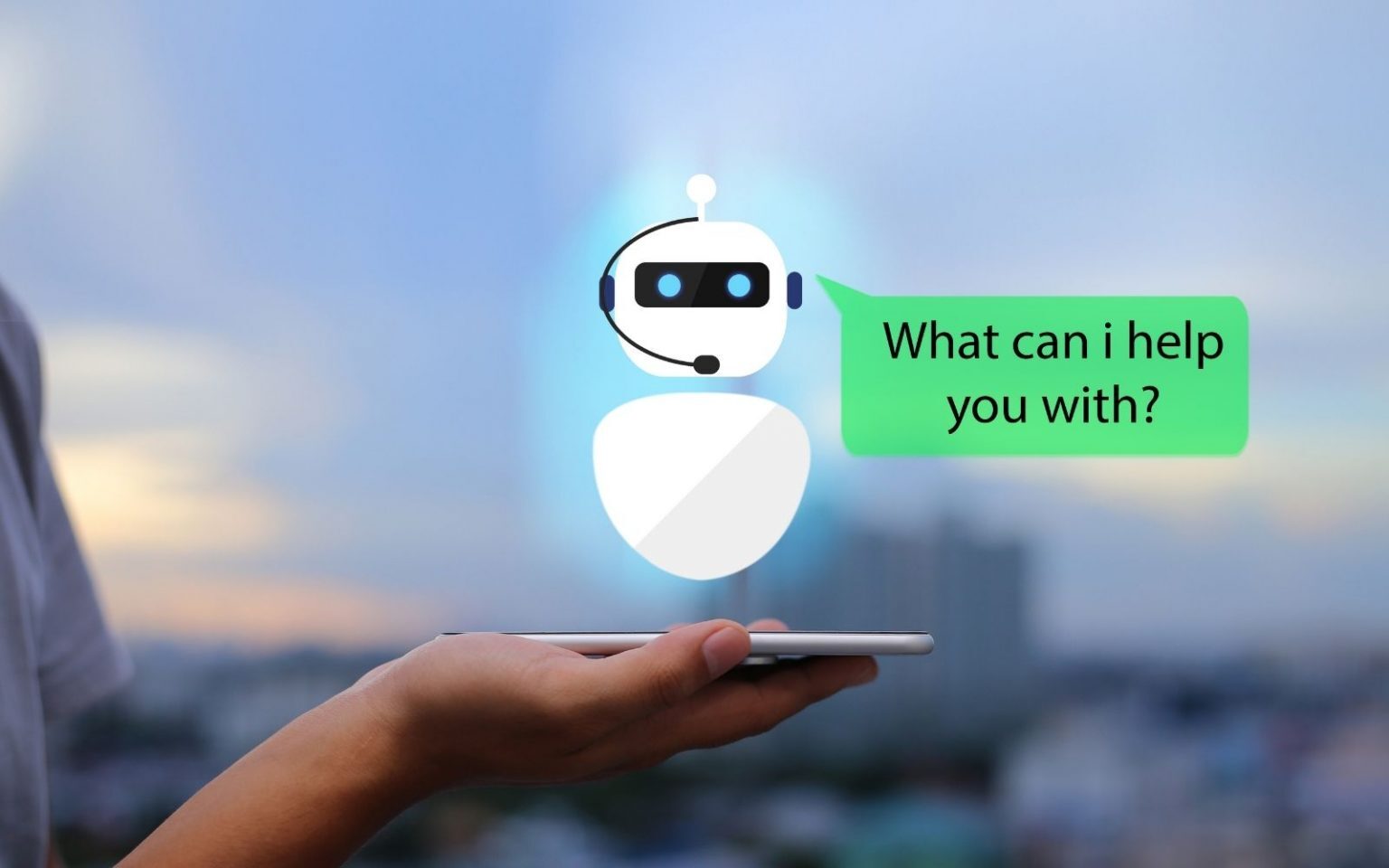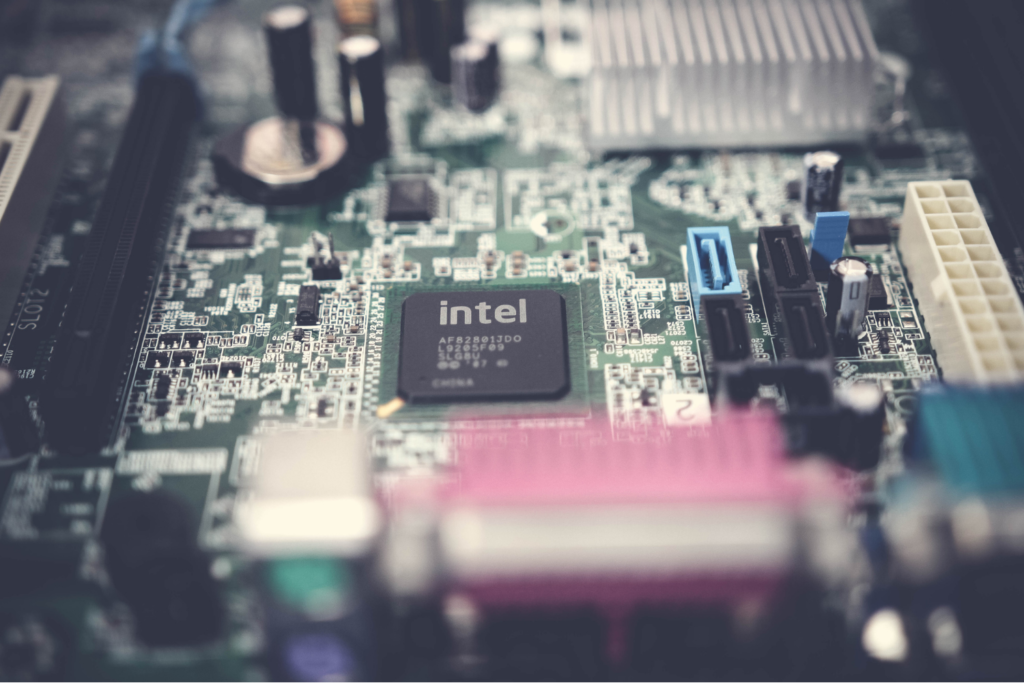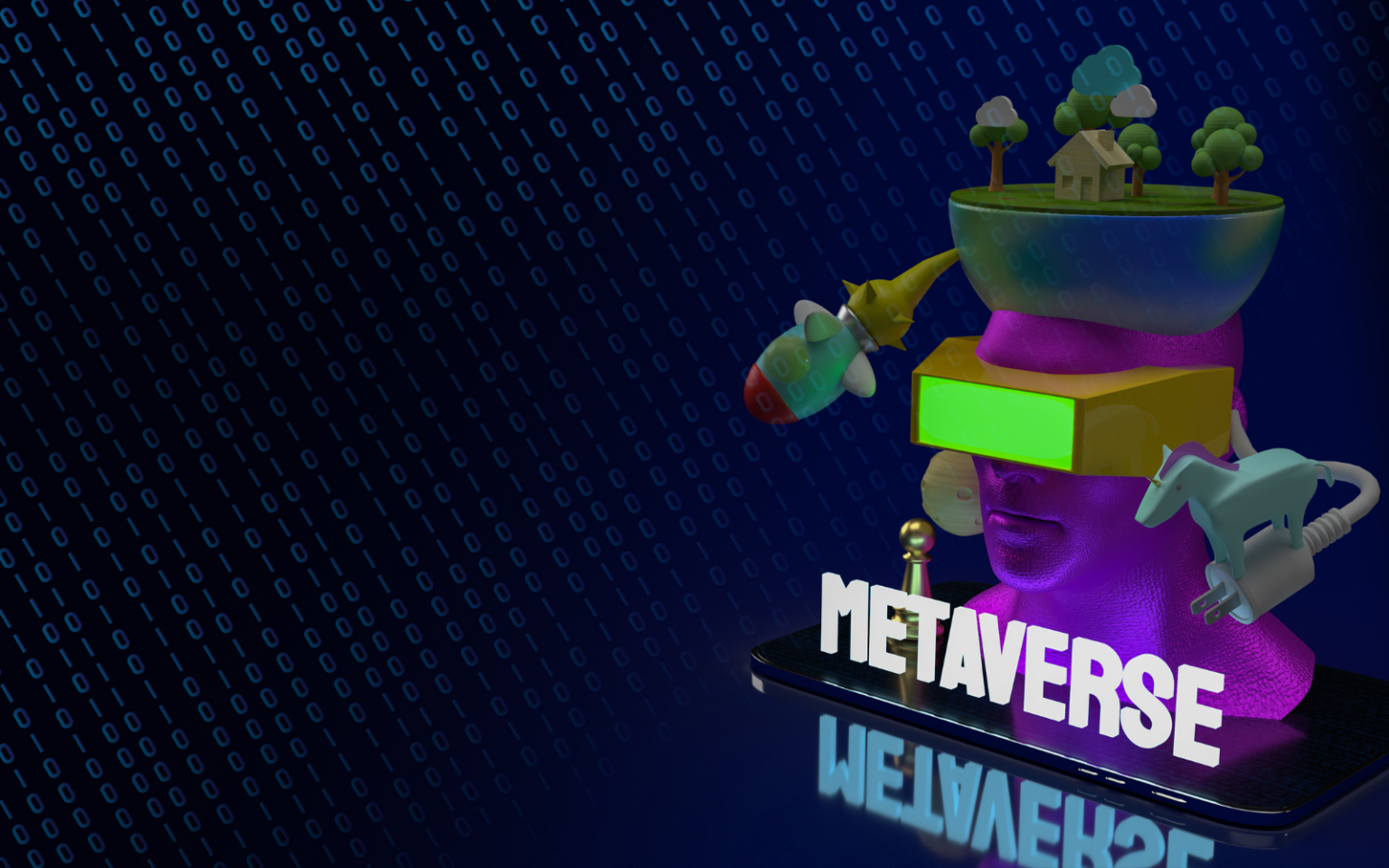A group of 60 scientists called for a moratorium on solar geoengineering last month, including technologies such as stratospheric aerosol injection (SAI). This involves a fleet of aeroplanes releasing aerosol particles – which reflect sunlight back to outer space – into the atmosphere, cooling down the Earth. SAI might make the sky slightly whiter. But this is the least of our concerns. SAI could pose grave dangers, potentially worse than the warming it seeks to remedy. To understand the risks, we’ve undertaken a risk assessment of this controversial technology. A cooler Earth means less water would be evaporating from its surfaces into the atmosphere, changing rainfall patterns. This could produce…
Author: The Conversation
The owners of Google and Facebook were both heavily fined for using cookies illegally at the tail end of 2021 by the French data protection authority, Commission Nationale de l’Informatique et des Liberté (CNIL). On the French versions of Google, its sister platform YouTube, and Facebook, users were being asked to consent to cookies in such a way that it was much easier for them to accept than reject the request. They could accept cookies with just one click but there was a more laborious process for refusing. Google owner Alphabet was fined €150 million (£125 million) and Facebook owner Meta €60 million. Alphabet…
Artificial intelligence (AI) has now closely matched or even surpassed humans in what were previously considered unattainable areas. These include chess, arcade games, Go, self-driving cars, protein folding and much more. This rapid technological progress has also had a huge impact on the financial services industry. More and more CEOs in the sector declare (explicitly or implicitly) that they run “technology companies with a banking license”. There is also a rapid emergence and growth of the financial technology industry (fintech), where technology startups increasingly challenge established financial institutions in areas such as retail banking, pensions or personal investments. As such, AI often appears in behind-the-scenes processes such as cybersecurity,…
Joe Rogan is described on his website as “stand up comic, mixed martial arts fanatic, psychedelic adventurer, host of The Joe Rogan Experience podcast.” It’s the last of these that has really made his name, and for many audiences, made the medium of podcasting too. Rogan’s podcast gets an estimated 200 million downloads each month, making him the most popular podcaster in the US. When Spotify signed a US$100 million (A$140 million) deal with Rogan in 2020 for the exclusive rights to his podcast the industry took notice. Before this, podcasts were everywhere, and their “platform agnostic” status was central to their appeal for creators and…
American chip-making giant Intel is a shadow of its former self. Despite the global semiconductor shortage, which has boosted rival chipmakers, Intel is making less money than a year ago with net income down 21% year over year to US$4.6 billion (£3.4 billion). Unfortunately, this is an ongoing trend. Intel was the world’s largest chipmaker until 2021, when it was dethroned by Samsung. Though Samsung’s main business is memory chips, which is a different segment of the market to Intel’s microprocessors, it is sign of Intel’s decline. We’ve been tracking global companies’ future-readiness at the International Institute for Management Development (IMD), and Intel now comes out 16th in…
Earlier this month, Meta announced it is working on a set of ethical guidelines for “virtual influencers” – animated, typically computer-generated, characters designed to attract attention on social media. When Facebook renamed itself Meta late last year, it heralded a pivot towards the “metaverse” – where virtual influencers will presumably one day roam in their thousands. Even Meta admits the metaverse doesn’t really exist yet. The building blocks of a persistent, immersive virtual reality for everything from business to play are yet to be fully assembled. But virtual influencers are already online, and are surprisingly convincing. https://www.youtube.com/watch?v=YJQ6z1EsLbg Mark Zuckerberg’s Metaverse announcement. 30 October 2021. But given…
Weather forecasting is an important science. Accurate forecasting can help to save lives and minimise property damage. It’s also crucial for agriculture, allowing farmers to track when it’s best to plant or helping them protect their crops. And it will only become more vital in the coming years. Severe weather events are becoming more frequent and more intense because of climate change and variability. I am a meteorologist with specialities in forecasting weather and climate change – who wants to improve the quality of weather products and their applications to spur socioeconomic development across Africa. Doing so matters: the World Bank has pointed out that better weather forecasts…
White holes are really just something scientists have imagined — they could exist, but we’ve never seen one, or even seen clues that one may exist. For now, they are an idea. To put it simply, you can imagine a white hole as being a black hole in reverse. So if time was running backwards, black holes would look like white holes. But time doesn’t run in reverse in our universe. To understand more, let’s start by thinking about how black holes work. What’s a black hole? When you drop a tennis ball, it falls to the ground due to what…
News emerged overnight of the potential theft of more than US$326 million (A$457.7 million) of Ethereum tokens from a blockchain bridge (which connects two blockchains so cryptocurrency can be exchanged between them). The wormhole network was exploited for 120k wETH. ETH will be added over the next hours to ensure wETH is backed 1:1. More details to come shortly. We are working to get the network back up quickly. Thanks for your patience. — Wormhole🌪 (@wormholecrypto) February 2, 2022 It’s no surprise. Crypto crime has been on the rise – especially since the pandemic began. How are these crimes committed? And…
“Holy sharks, Batman, it’s periodic!” I exclaimed on Slack. It was the first lockdown of 2021 in Perth, and we were all working from home. And when astronomers look for something to distract themselves from looming existential dread, there’s nothing better than a new cosmic mystery. In 2020 I gave an undergraduate student, Tyrone O’Doherty, a fun project: look for radio sources that are changing in a large radio survey I’m leading. By the end of the year he’d found a particularly unusual source that was visible in data from early 2018, but had disappeared within a few months. The source was named…










